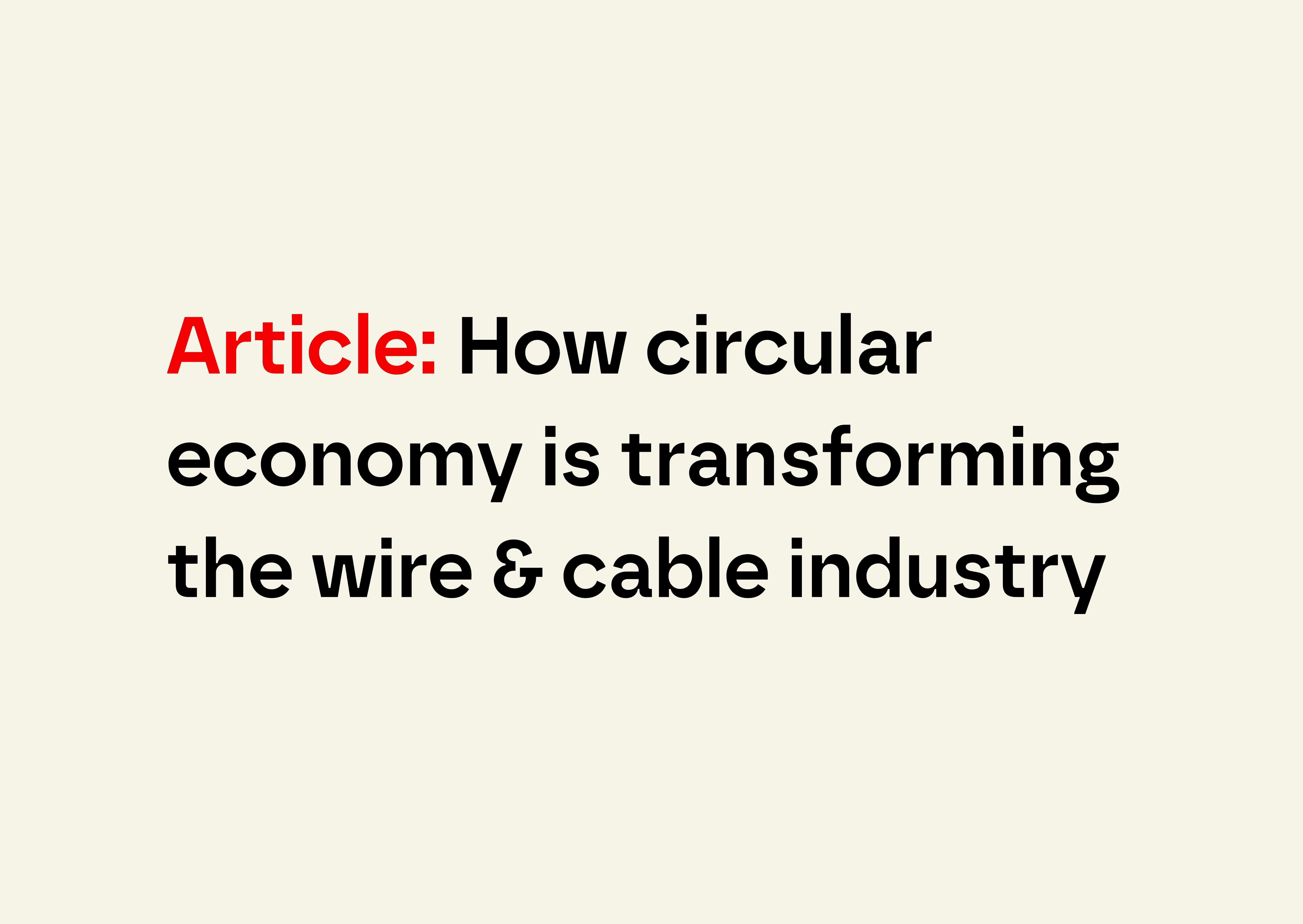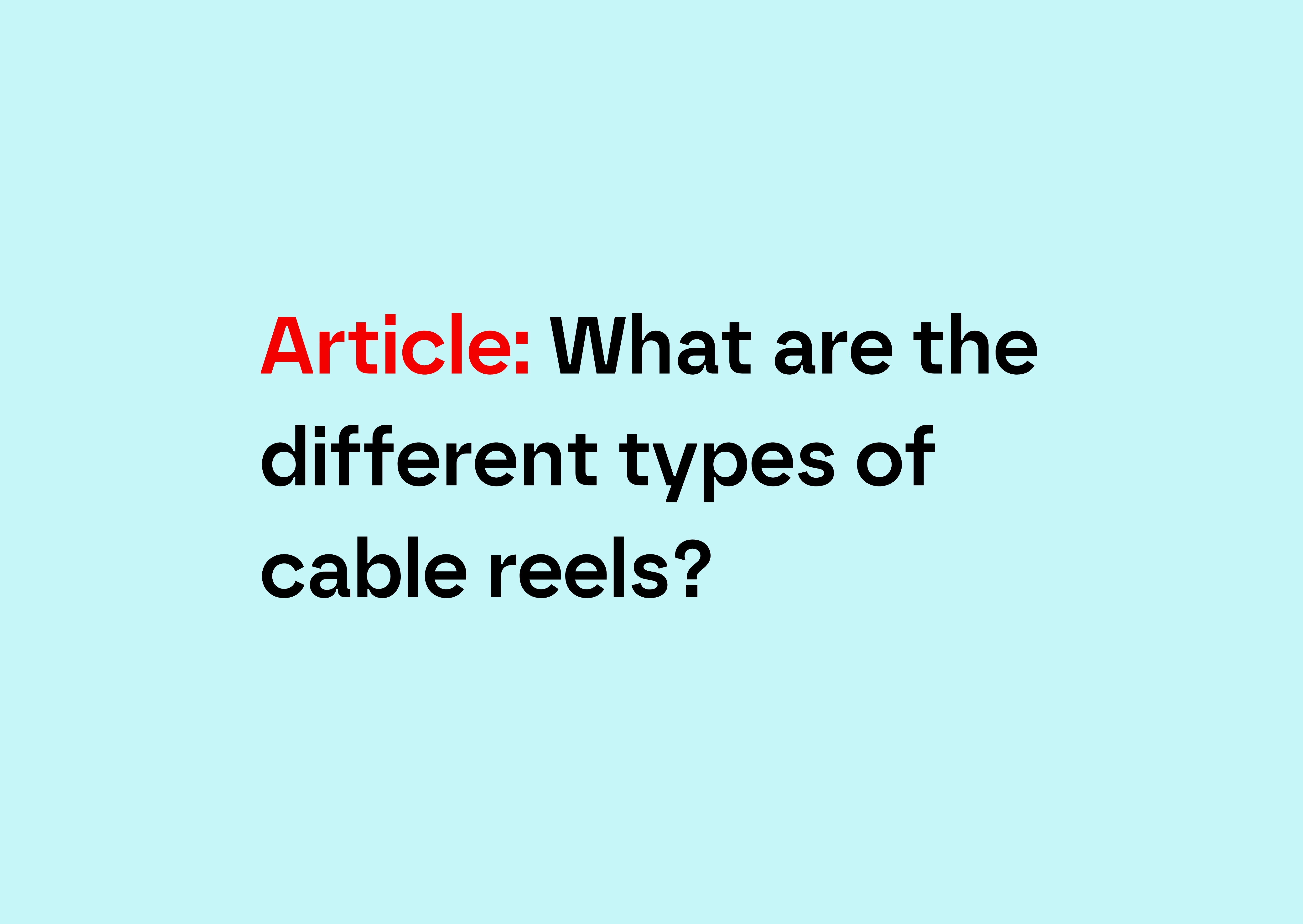The best industrial plastic storage trays for organized efficiency
Discover the top industrial plastic storage trays designed for optimal organization and efficiency. Read on to find the perfect solution for your...

Our approach to sustainability is rooted in our DNA and fuels our ambition to apply best practices in every aspect of the sustainability business.
Sustainability Axjo's way
By supporting initiatives that promote development and well-being, we strive to contribute to a better society while fostering meaningful connections.
Our social responsibility
In honor of Axjo’s 80th anniversary, we are proud to introduce the awards celebrating outstanding achievements in innovation, sustainability, and technology.
Axjo AwardsAt Axjo, we welcome students and recent graduates eager to gain hands-on experience in a high-tech, innovative environment.
Reach out to us—we’d love to hear your ideas and discuss how we can collaborate.
Get in touchDive into our world, where our zero-waste ambition drives all our businesses, and let’s explore how we can partner for a better tomorrow.
About us2 min read
Team Axjo : Updated on September 4, 2025

An educational resource on the circular economy in the cable industry
The wire and cable industry is currently undergoing a significant transformation as companies increasingly adopt more sustainable business models. At the forefront of this shift is the circular economy in the cable industry, a concept that focuses on reducing waste, extending product lifecycles, and rethinking how materials are sourced, used, and recycled. One area where this transition is especially evident is in the development and use of sustainable cable reels.
The circular economy in the cable industry breaks away from the traditional “take make dispose” model and replaces it with a system where materials are reused, refurbished, and recycled to the greatest extent possible. For cable manufacturers, distributors, and installers, this means implementing processes that ensure every component, including cables, reels, and packaging, can be given a second life instead of becoming waste.
This approach not only reduces environmental impact but also helps companies lower costs, use resources more efficiently, and meet the growing demands from both regulations and customers for more environmentally friendly products.
One of the most concrete examples of the circular economy in practice is the shift toward sustainable cable reels. Other reels made of traditional material often have a limited lifespan and can be difficult to recycle after use. In contrast, sustainable designs are often made from
advanced engineered plastics and recycled materials and are built for longevity, repeated use, and full recyclability at the end of their service life.
These cable reels are designed to:
→ Be reused multiple times without losing strength
→ Withstand harsh environments such as construction sites and industrial settings
→ Reduce waste by replacing single use packaging
→ Lower total cost of ownership thanks to longer lifecycles and fewer replacements
A crucial part of the circular economy in the cable industry is ensuring that materials from old or damaged cable reels are recovered and used in new products. As a manufacturer, Axjo has a return program where customers can send back used reels, which are then refurbished or recycled into new reels ready to be sent out again.
This closed loop system not only reduces the amount of waste sent to landfills but also offers a smart solution to zero waste for customers. This helps to lower carbon emissions and preserve natural resources.
While sustainable cable reels are a clear example, the shift toward circularity extends to other areas:
→ Cable recycling programs that separate and reuse copper, aluminum, and plastics
→ Modular product designs that make it easier to repair and replace components
→ Optimized logistics that reduce transportation emissions and simplify product returns
By implementing these practices, companies can build a fully circular supply chain that benefits both the environment and profitability.
As sustainability becomes a decisive factor for both customers and investors, transitioning to the circular economy in the cable industry will be a competitive advantage. From sustainable cable reels to advanced recycling initiatives, the industry has a unique opportunity to lead the way toward reduced waste and a more resource efficient future.
At Axjo, we are committed to driving this change by developing innovative, circular, and efficient cable reels and return systems that support circular economy principles. Through collaboration between manufacturers, installers, and customers, we can create a wire and cable industry that not only delivers high performance but is also sustainable for generations to come.


Discover the top industrial plastic storage trays designed for optimal organization and efficiency. Read on to find the perfect solution for your...
.jpg)
An educational article for America & Europe.

An educational article for America & Europe. Cable reels are essential for storing, transporting, and handling cables, wires, fibers, and other...